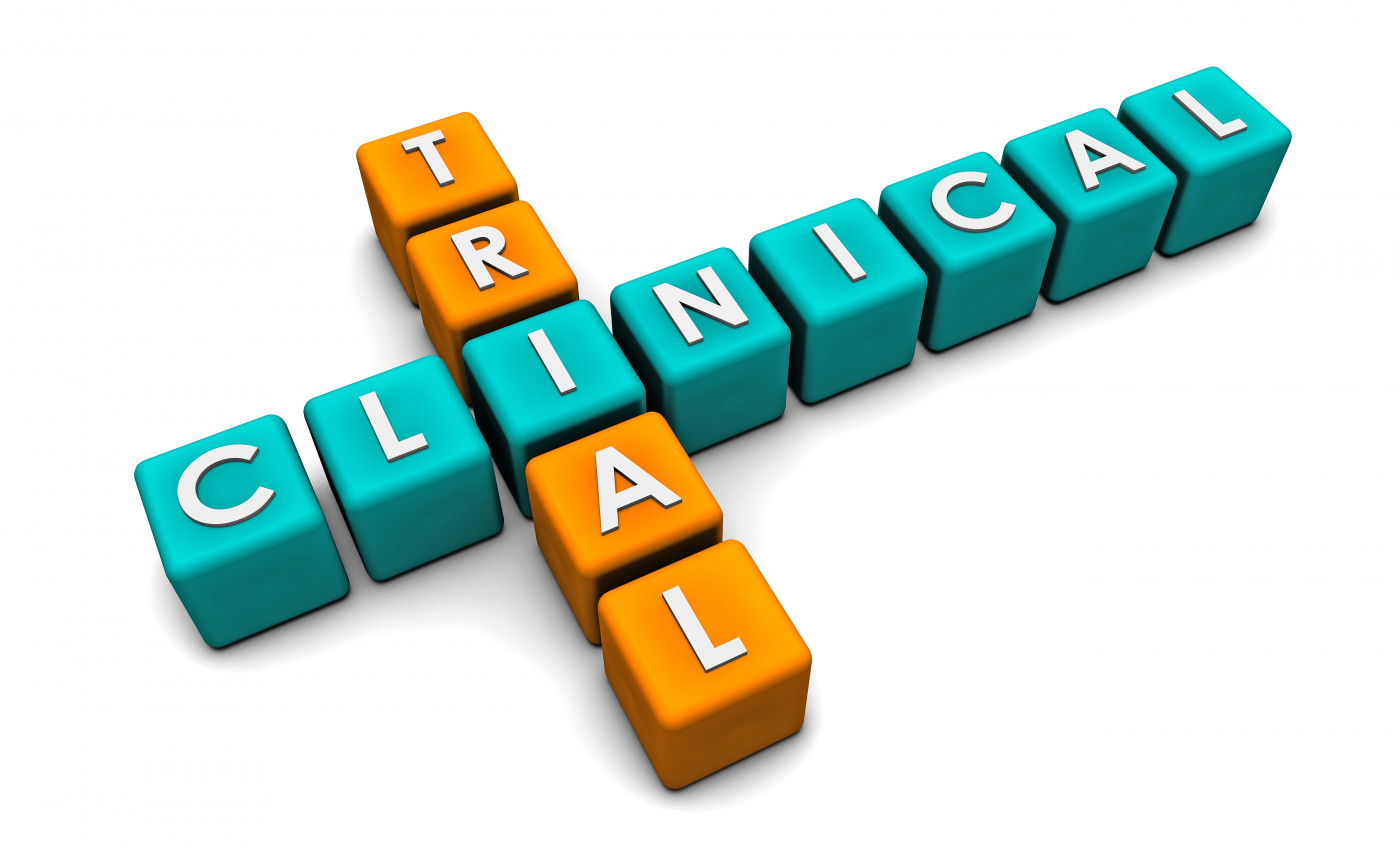First Patient Dosed in KIK-AS Trial Testing GTX-102 for Angelman Syndrome
Written by |

The first patient has been dosed in GeneTx Biotherapeutics’ Phase 1/2 KIK-AS clinical trial evaluating GTX-102 for the treatment of Angelman syndrome.
“Today is an important milestone with the dosing of the first patient in the KIK-AS study,” Scott Stromatt, MD, chief medical officer of GeneTx, said in a press release. “GTX-102 has the potential to address the underlying deficiency that causes Angelman syndrome and we are excited, grateful and humbled to be leading this scientific quest.”
The investigational therapy is an antisense oligonucleotide designed to target the molecule that causes Angelman syndrome (called UBE3A antisense transcript) and prevent it from working. Antisense oligonucleotides (ASOs) are small molecules that can bind to RNA and degrade it or change how it is spliced.
Pre-clinical studies have shown that GTX-102 can ease certain disease symptoms in a mouse model of Angelman syndrome.
The open-label KIK-AS (Knockdown of UBE3A-antisense in Kids with Angelman Syndrome, NCT04259281) trial will evaluate the safety, tolerability, and potential efficacy of multiple doses and dose escalations of GTX-102 in 20 children, four to 17 years old, with Angelman syndrome.
This is the first trial testing ASOs as a potential therapy for Angelman syndrome.
The study is still recruiting participants. More information on enrollment can be found here. The Rush University Medical Center in Chicago is the first clinical site and the only one currently recruiting patients. Additional sites are planned for Boston, Cincinnati, Denver, Los Angeles, New York, and Ottawa, Canada.
Participants will receive one of five doses of GTX-102 administered into the spinal canal (intrathecal injection) at the beginning of the study, followed by three subsequent intrathecal injections 30, 58, and 86 days after.
The duration of study is expected to be approximately six months, after which patients can choose to join the trial’s open-label extension study in which they will continue treatment with GTX-102.
The trial’s main (primary) endpoint is to assess the safety and tolerability of GTX-102. Additional (secondary) endpoints include the therapy’s pharmacokinetics (how a medicine moves throughout the body) and its concentrations in patients’ blood and cerebrospinal fluid (the fluid surrounding the brain and spinal cord).
“We look forward to the results of this study and sharing them with the Angelman community,” Stromatt said.
GTX-102 is being developed in a partnership, announced in August 2019, between GeneTx Biotherapeutics and Ultragenyx.
“The GeneTx team has achieved a tremendous accomplishment rapidly advancing this program into the clinic, and GTX-102 may one day provide patients with Angelman syndrome with the first targeted therapy and a potentially transformative option for this devastating disease,” said Camille L. Bedrosian, MD, chief medical officer of Ultragenyx.
GTX-102 has been granted orphan drug and rare pediatric disease designations by the U.S. Food and Drug Admnistration to speed its clinical development.





